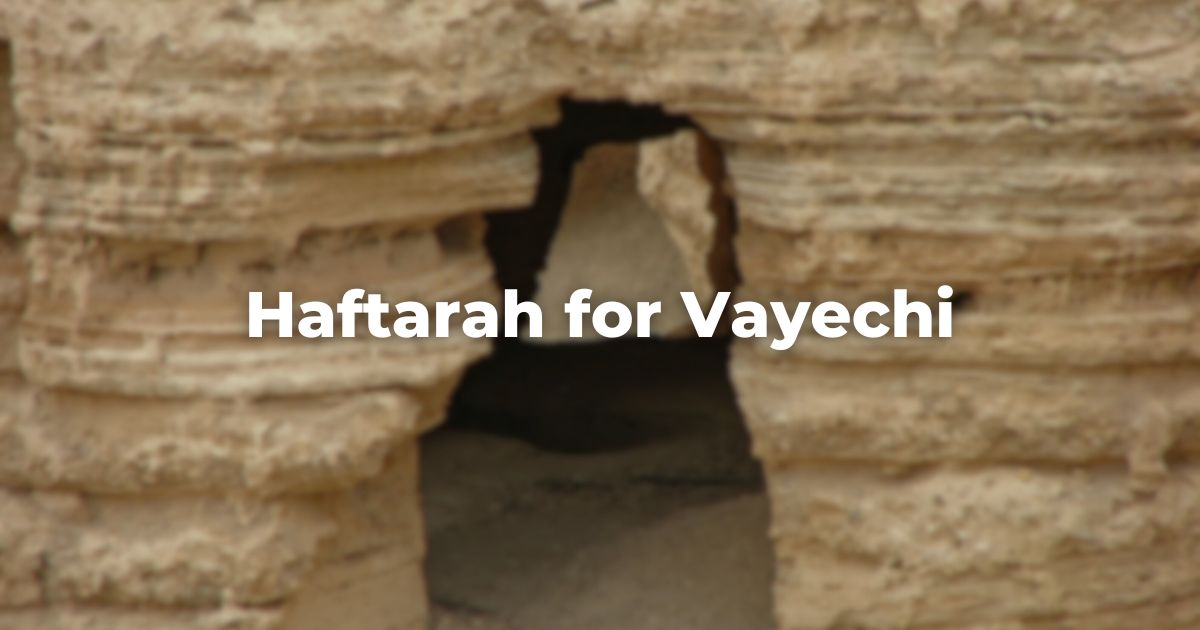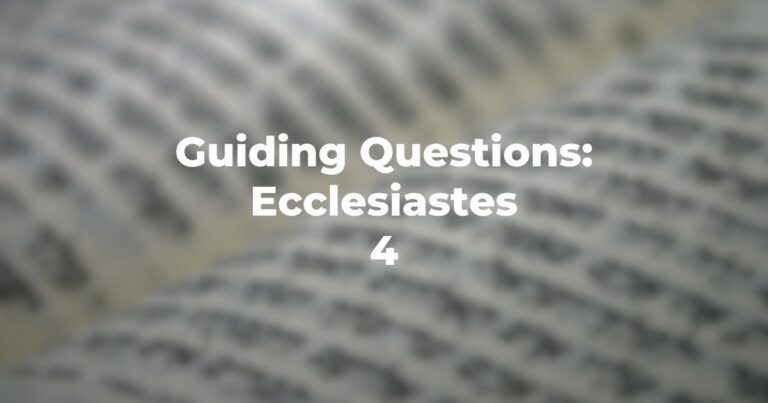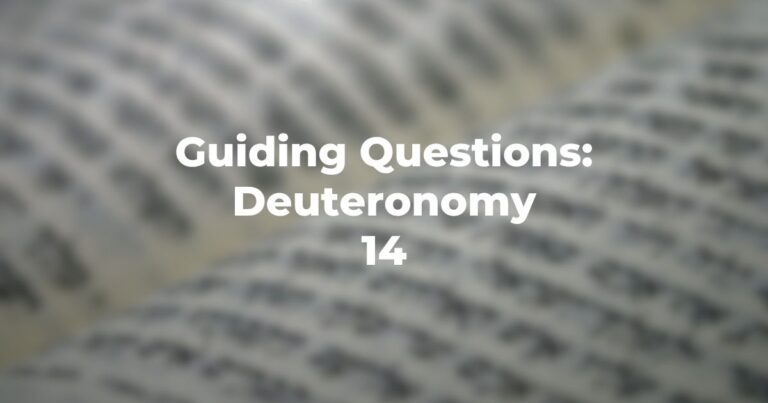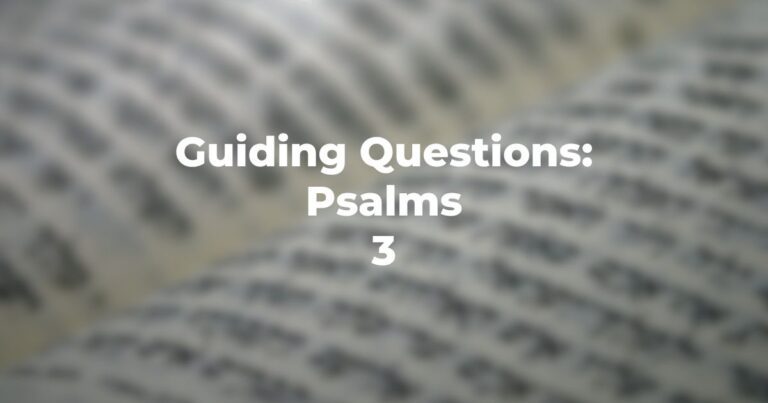1 Kings 2:1-12
This haftarah contains David’s last will and testament to Solomon. The dying king instructs his son and heir about the religious and political pursuits he should follow to be successful (1 Kings 2:1-4,1 Kings 2:5-9).
A concluding note states that Solomon’s sovereignty was well established (1 Kings 2:12), even though he had not yet carried out the ruthless acts advised by his father (1 Kings 2:28-35).
David died in ca. 965 ʙ.ᴄ.ᴇ. The David portrayed here is both a pious believer in the Law and a shrewd politician who knows what it will take to secure Solomon’s throne, which had just been won through intrigue and duplicity 1 Kings 1).
The aged King David speaks to Solomon in the language of religious rhetoric. The pious speech artfully attributed to him is also reflected in the high style of his learned language.
This is illustrated, for example, by citations (“as recorded in the Teaching of Moses,” 1 Kings 2:3) and by motivation clauses introduced by l’ma·an, “in order that,” 1 Kings 2:3-4; see Deuteronomy 4:1, Deuteronomy 4:5, Deuteronomy 5:16). David, a man of the Covenant, fully versed in the language of TorahRefers to the first five books of the Hebrew Bible, the Tanakh, also called the Five Books of Moses, Pentateuch or the Hebrew equivalent, Humash. This is also called the Written Torah. The term may also refer to teachings that expound on Jewish tradition. Read more, urges Solomon to obey its precepts.
The tone and content of the political section of David’s directives, by contrast, is less polished and more in tune with realpolitik. David’s advice to his son is based on personal considerations, and the language he uses recalls private grudges and other matters that the dying king wants his son to know, taking him into his confidence.
The king’s tactics are crafty. He simultaneously colludes with Solomon (saying “you know,” 1 Kings 2:5, 1 Kings 2:9), appeals to his son’s pride and cleverness (“your wisdom,” “for you are . . . wise,” 1 Kings 2:6, 1 Kings 2:9), and lets him know that death in Sheol is the only way to treat dangerous rivals (1 Kings 2:6, 1 Kings 2:9).
Moreover, knowing that his son will understand the hint contained in his comment that “I swore” that “I will not put [Shimei] to the sword,” David can die in peace knowing that Solomon will attend to unsavory tasks that David has left for him. And this he does, through the agency of Benaiah (1 Kings 2:46).
Significantly, the narrator’s remark about the security of Solomon’s throne in 1 Kings 2:12 recurs in verse 1 Kings 2:46, just after the murder of Shimei.
Relation of the Haftarah to the Parashah
The parashah and the haftarah both deal with the approaching death of a leader (Jacob and David) and with a final pronouncement delivered to his son(s) (the 12 sons of Jacob, and Solomon).
Both episodes begin alike, with the phrase “When [Jacob’s/David’s] life was drawing to a close” (vayikr’vu y’mei . . . lamut). The technical term “he instructed” (va-y’tzav) also occurs in both instances (Genesis 49:29; 1 Kings 2:1), leading to the final instructions. Jacob requests that he be buried in the family tomb in the cave of Makhpelah (Genesis 49:29-32), a request that subsequently is fulfilled (Genesis 50:12-13).
Joseph’s brothers, fearing that he would take revenge because they had sold him into servitude, “sent this message” (va-y’tzavvu). “Before his death your father left this instruction (tzivvah): So shall you say to Joseph, ‘Forgive, I urge you, the offense and guilt of your brothers who treated you so harshly’” (Genesis 50:16-17).
Whether this was true or concocted, Joseph accepts their testimony and assures them of his good intentions (Genesis 50:19-21).
Jacob’s final request of his sons in the parashah repeats the more personal account made to Joseph alone (Genesis 47:29). It is here that the full moral force of being an agent for the dead is articulated.
After supplicating the son, the father refers to the burial in Canaan as an act of “stead fast loyalty” (ḥesed v’emet). More particularly, it is best understood as an act of gratuitous kindness (ḥesed shel emet; Genesis Rabbah 96:5).
The agency of Solomon in fulfilling David’s last will is more complicated. For David’s requests do not involve what a person never could do for himself (burial), but that which he intentionally delegates. In an effort to give the act of agency moral and legal force, rabbinic tradition articulated the overall principle that “the agent of a person is as himself” (Kiddushin 41b).
But in a further attempt to eliminate the double evasion of responsibility, they further stated that “there is no agent for enacting a sin” (Kiddushin 42b). From this perspective, David is culpable for the deaths of Joab and Shimei. Unlike Joseph, he is not magnanimous, but reaches beyond the grave to strike at his enemies.
Author
-
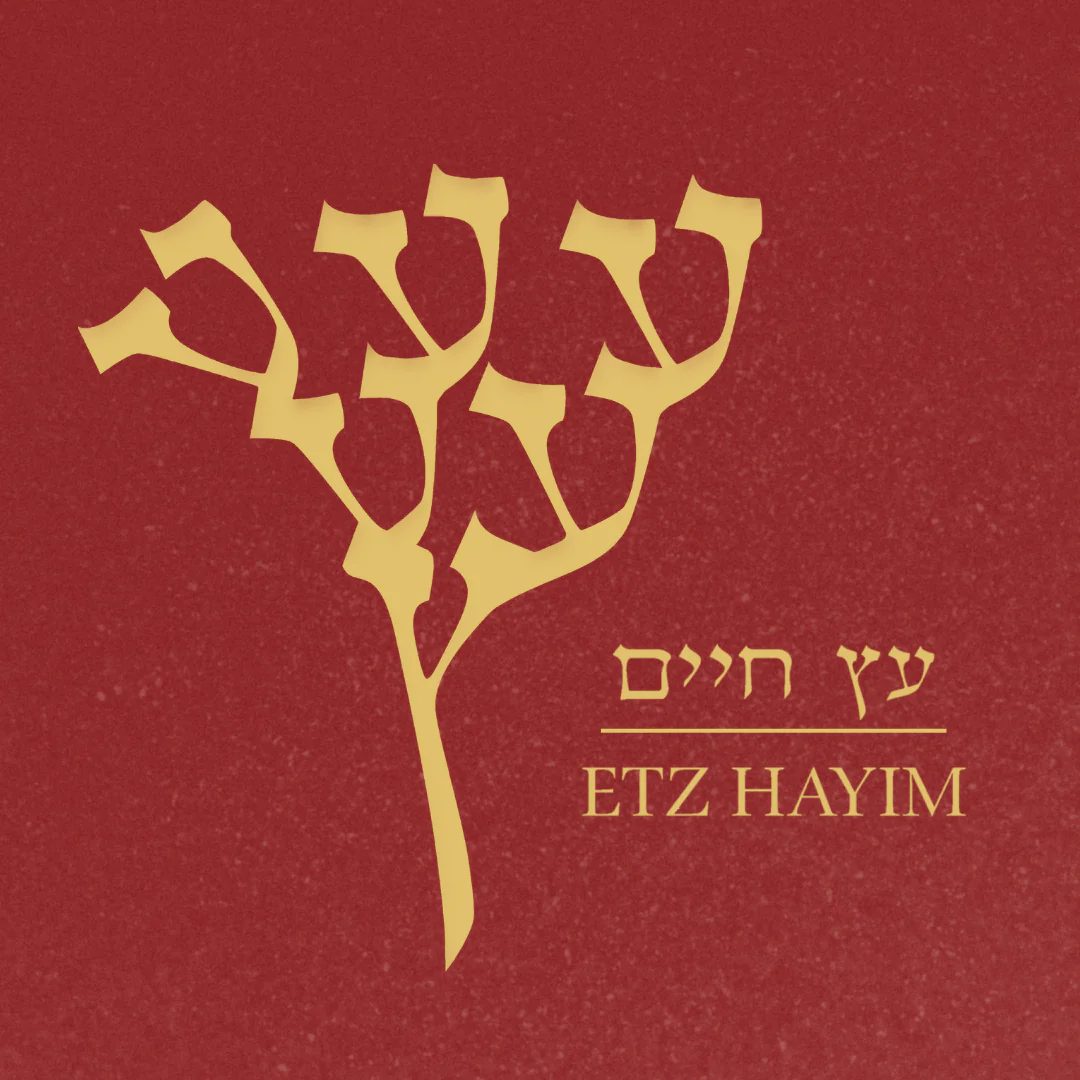
Etz Hayim represents the Conservative / Masorti Movement’s reverence for tradition, profound commitment to scholarship and the unique understanding that both are essential to Jewish life.
Published in 2001 in conjunction with the United Synagogue of Conservative Judaism, Etz Hayim is the most celebrated contemporary humashA collection of the Five Books of Moses, Pentateuch, or the Hebrew equivalent. Includes the haftarot readings, and usually contains some commentary. It is often used on Shabbat mornings to help follow the Torah reading. Read more. It features the renowned 1985 JPS translation, as well as an authoritative Hebrew text based on the Masoretic tradition. In the same year it was published, Etz Hayim: Torah & Commentary won a National Jewish Book Award for Non-Fiction.
View all posts

